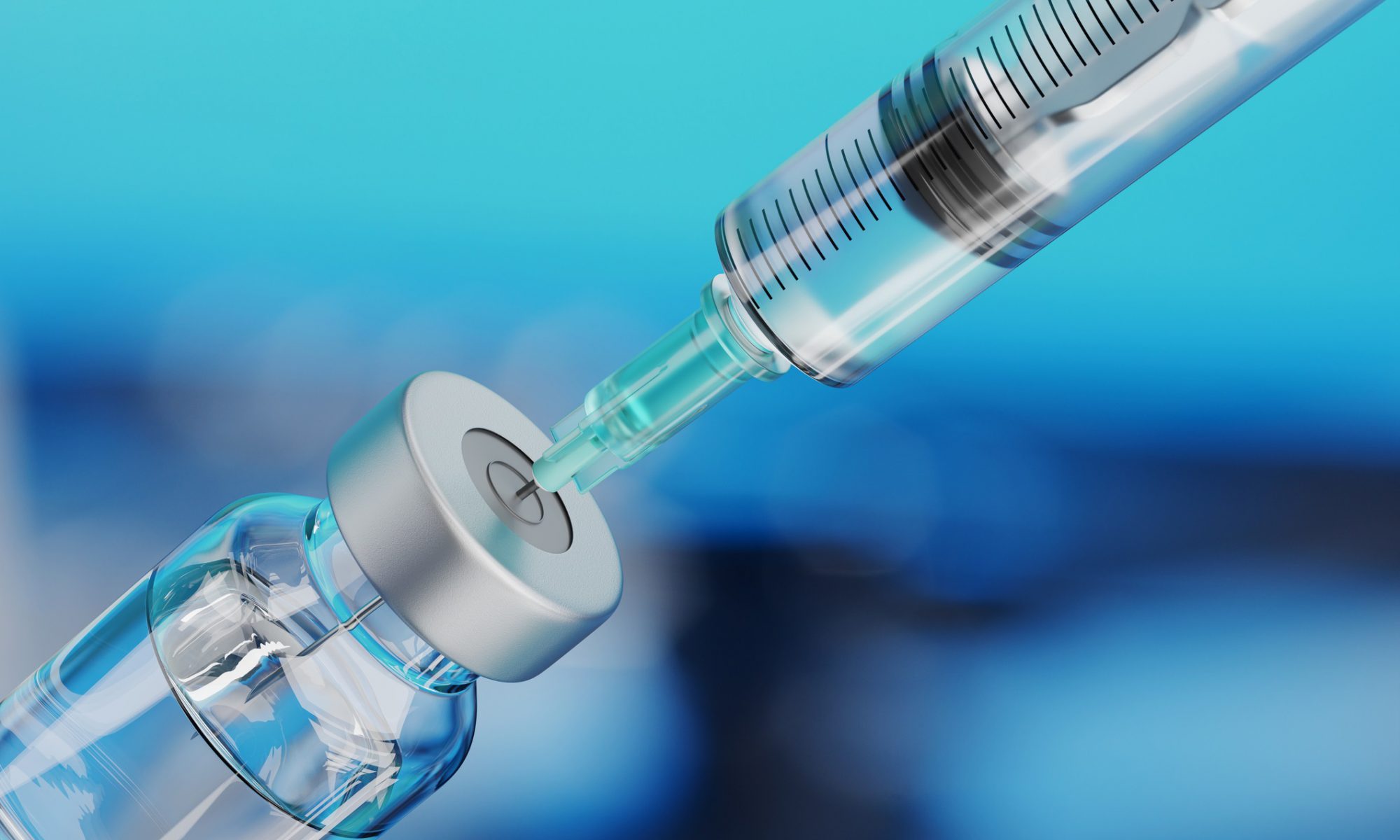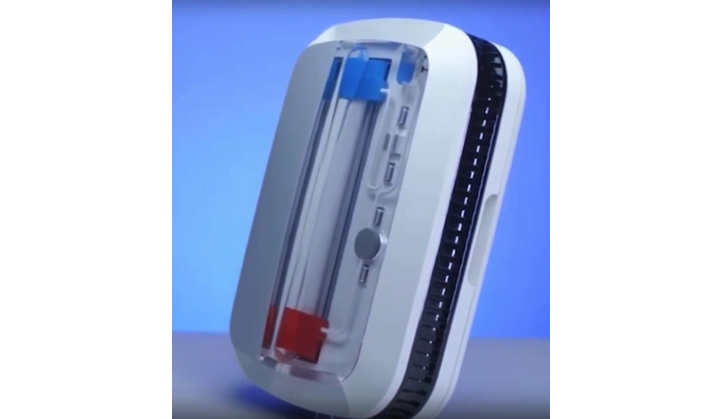In a recent study posted to the medRxiv* preprint server, researchers evaluated the immune responses after the third (V3) and fourth (V4) doses of homologous and heterologous messenger ribonucleic acid (mRNA) vaccines against coronavirus disease 2019 (COVID-19) in kidney transplant recipients (KTRs).
Read more in News Medical Life Sciences.
The Kidney Transplant Waitlist – What You Need to Know
Is transplant the best option for patients with kidney disease?
For the majority of patients, transplantation is the best option. Kidney transplant is not a cure for kidney disease, but it can help you live longer and with a better quality of life. Kidney transplants come from either living organ donors, or deceased organ donors. A live donor kidney transplant is considered the best option for people with kidney disease. Transplant is not an option for everyone. Speak with your healthcare team to decide if transplant is an option for you. Read more from the National Kidney Foundation.
Kidney Transplantation From COVID-19 Positive Donors Is Safe
Transplanting kidneys from COVID-19-positive deceased donors appears safe, according to early results from a case series presented at AUA 2022.
At an AUA press conference, Alvin Wee, MD, MBA, program director for kidney transplantation at Glickman Urologic and Kidney Institute at Cleveland Clinic in Ohio, reported results from 55 patients (36 men and 19 women) who received kidneys from 34 COVID-19-positive deceased donors from February to October 2021. Of the 34 donors, 13 (38.2%) had died from COVID-19-related causes and 6 (17.6%) had received extracorporeal membrane oxygenation. Donor selection criteria evolved to the point that only COVID-19-positive donors without significant primary or secondary kidney injury were selected. The average Kidney Donor Profile Index was 36.9. Read more in Renal & Urology News.
What a Gene and Its Risks Could Mean for Kidney Transplants
Kidneys from Black donors are automatically downgraded in transplant assessments, but studying a gene variant could help change that.
Transplant specialists, when evaluating kidneys that come from donors, try to work out how likely it is that the kidney will fail after being transplanted into a recipient. Their risk calculations consider factors including the donor’s age, height, weight and history of diabetes. And, to the dismay of some researchers, it also includes the donor’s race.
Kidneys from deceased Black donors are automatically downgraded as higher risk.
Read the full story in The New York Times.
Researchers recommend kidney transplant recipients continue getting COVID-19 vaccinations
Although COVID-19 vaccines lower the risk of infection among kidney transplant recipients, breakthrough infections can occur, and researchers recommend patients continue to receive boosters when available.
“The SARS-CoV-2 messenger RNA (mRNA) vaccines have shown high clinical efficacy in preventing COVID-19 in the immunocompetent population,” Ivan Zahradka, MD, from the Institute for Clinical and Experimental Medicine in the Czech Republic, and colleagues wrote. They added, “However, data about the effectiveness of SARS-CoV-2 vaccines are conflicting, and to what extent the two doses of an mRNA vaccine protect [kidney transplant recipients] KTRs from COVID-19 is unclear.” Read the full story in Healio.
Greater coffee consumption correlates with lower risk for AKI, compared with no coffee
Compared with individuals who never drink coffee, those who consume a large amount of coffee are at a lower risk for incident AKI, according to data published in Kidney International Reports.
“Habitual coffee consumption is associated with the prevention of chronic and degenerative diseases including type 2 diabetes, cardiovascular disease and liver disease,” Kalie L. Tommerdahl, MD, of the department of pediatrics at the Children’s Hospital Colorado and University of Colorado Anschutz Medical Campus in Colorado, and colleagues wrote. Read the complete story in Healio.
Giving a kidney started with giving knowledge
Roxana Chicas, PhD, RN, a research professor in Emory’s Nell Hodgson Woodruff School of Nursing, rued her nontraditional academic path until a mentor reassured her: “The teacher always arrives when the student is ready.”
That advice about timing resonated last month as she prepared to donate a kidney to her mentor, professor and faculty colleague. Professor and biostatistician Vicki Stover Hertzberg, PhD, who directs the school’s Center for Data Science, had been waiting nine months for a transplant after being diagnosed with kidney failure.
The two professors’ personal relationship is only one aspect of their remarkable story.
Read the full story from Emory News Center.
What to Expect After Donation
What is the recovery period and when can the donor return to normal activities?
The length of stay in the hospital will vary depending on the individual donor’s rate of recovery and the type of procedure performed (traditional vs laparoscopic kidney removal) although the usual stay is 1 to 3 nights. Since the rate of recovery varies greatly among individuals, be sure to ask the transplant center for their estimate of your particular recovery time. Read the full story from the National Kidney Foundation.
Inflammation after kidney transplantation correlates with increased mortality
In the early phase following a kidney transplantation, inflammation is associated with increased long-term all-cause mortality, according to data published in the American Journal of Transplantation.
Further, no general inflammatory pathway stood out as a main cause of mortality, which researchers noted suggests general inflammation is more important. Read more in Healio.
Could an Artificial, Wearable Kidney Technology Revolutionize Traditional Dialysis?
Researchers at the Center for Dialysis Innovation are working to change the way kidney disease is managed
On March 15th, Glenda Roberts, Director of External Relations and Patient Engagement at the Center for Dialysis Innovation (“CDI”) and the Kidney Research Institute at the University of Washington spoke on our webinar, Innovations in Kidney Care. Glenda shared CDI’s work developing an artificial, wearable kidney – a potential alternative to traditional dialysis. This article has been adapted from her presentation. Note that the “AKTIV” is still experimental and has not been fully tested or approved. Read more on CareDx.com.







